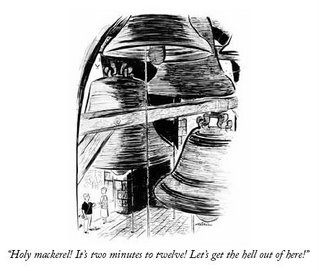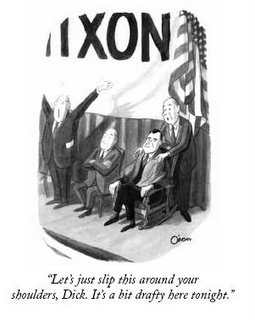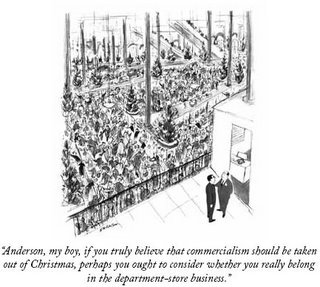When on a visit to one of the eight Vinayaka’s, Girijatmak at Junnar, Maharashtra, he discovered how a Buddhist Vihar has been intruded into by Hindus and converted into a very popular temple. He was particularly angered by the ugly sight (attached newly to that ancient roof) and cacophonic sound of the temple bell there. Godse imagined how quiet it would have been there, few hundred years before, when Buddhist monks sat down for meditation. The only sound they occasionally made was of their breathing!
But a faithful has little regard for sensitivities of others around him. He wants to ring the bell hardest so that god hears him. He wants to sing hymns loudest so that god hears him. For many years now, Ganpati festival, spread over 10 days, has been the biggest sound polluter in Maharashtra. The next comes Diwali, particularly the day of Laxmi Puja, when you wish you were deaf for few evening hours when Puja is being performed.
Unfortunately, unlike in the picture, I cannot get the hell out of here.

Artist : Alain Published : The New yorker Aug 13, 1960


